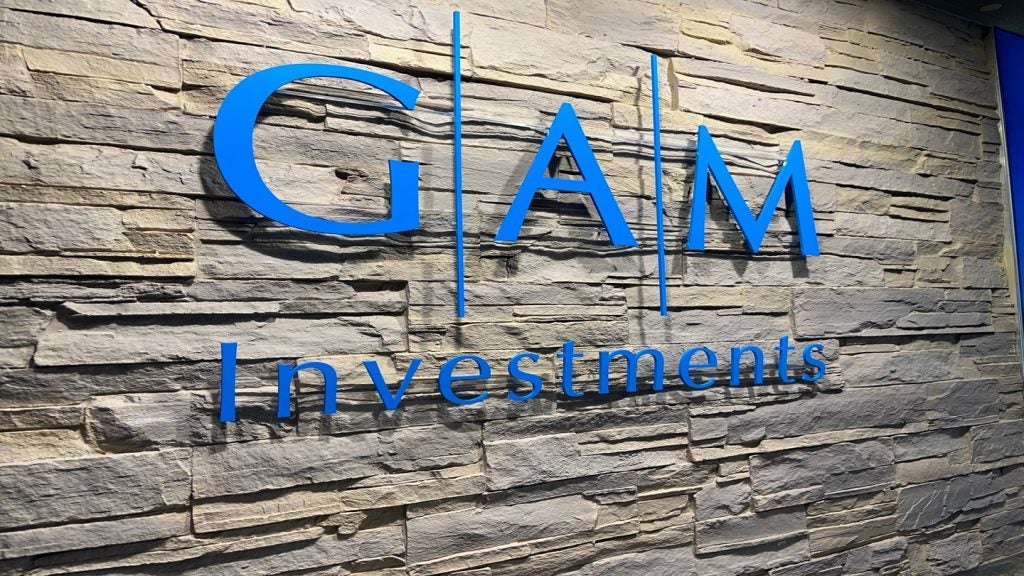American asset manager Northern Trust has reported a decrease in income for the first quarter of 2019, while assets under management (AuM) at its wealth management division have risen.
Net income for the group in Q1 2019 was $347.1m, a decrease of 9% from $381.6m in the previous year.
The firm’s revenues remained almost stable at $1.48bn.
Assets under custody/administration at the end of March 2019 totalled $10.93 trillion, up 1% from $10.78 trillion a year ago.
Assets under custody/administration in the group’s wealth management arm increased 5% year-on-year to $688.5bn.
The firm’s assets under management as of 31 March 2019 totalled $1.16 trillion, almost unchanged compared to last year.
Assets under management in the group’s wealth management division rose 2% to $294.2bn from $287.4bn.
Trust, investment and other servicing fees for the quarter ended 31 March 2019 were $928.9m. This marks a 1% fall from $937.7m last year.
Northern Trust chairman and CEO Michael O’Grady said: “Northern Trust’s performance during the first quarter of 2019 was resilient despite the impact of a challenging macroeconomic environment.
“Our balanced business model continued to drive organic fee growth while we maintained our focus on differentiated client service and solutions.
“We generated a return on equity of 14% and returned $391 million to common shareholders through dividends and the repurchase of more than 2.8 million shares.
“We remain focused on investing for future growth of our wealth management, asset management and asset servicing businesses while also improving productivity.”







